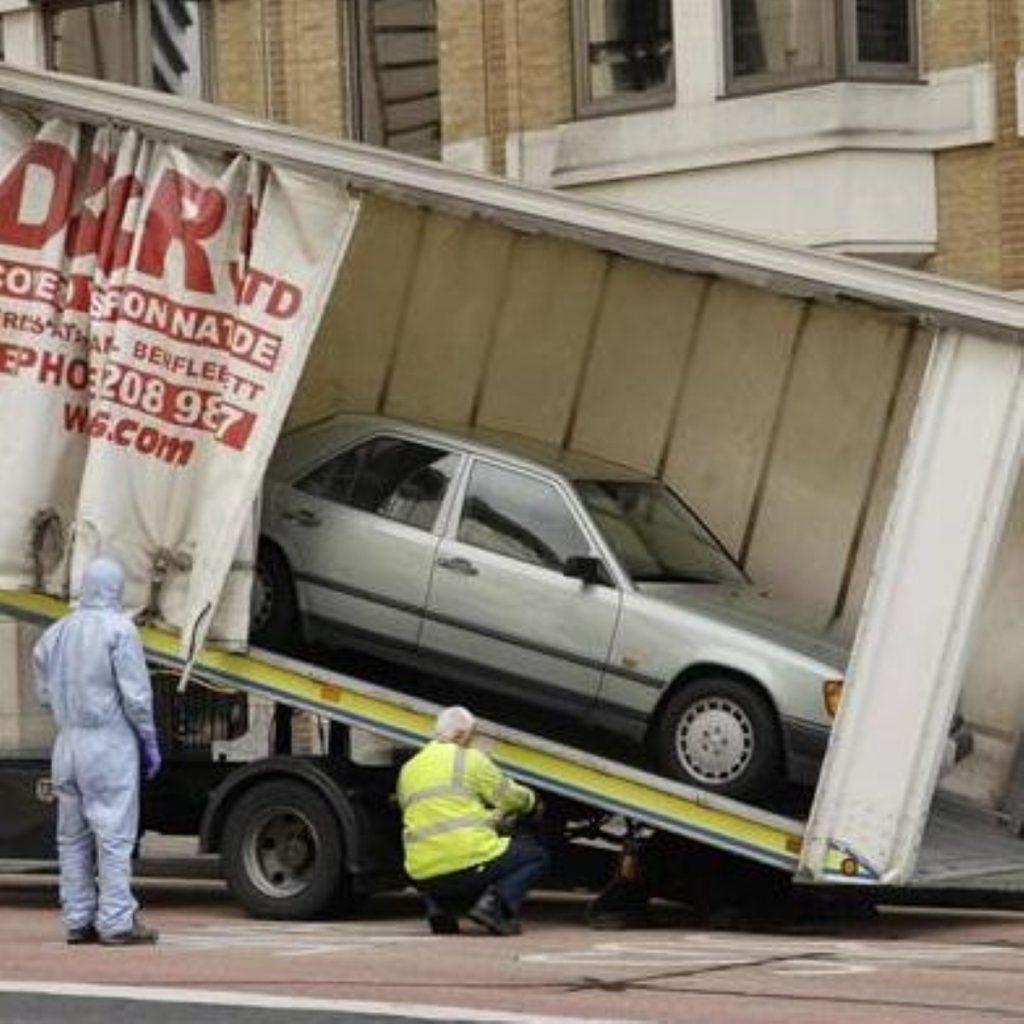Children want to talk about terrorism
Ninety per cent of young people say they need opportunities to discuss the “taboo” subject of terrorism, a new survey has revealed.
The poll of 1,000 people aged between 11 and 25 found that 60 per cent felt unable to discuss terrorism with the police, while half of university attendees said bringing up these issues with academics was also out of the question.
Andy Hamflett, chief executive of the UK Youth Parliament, said: “Terrorism and violent extremism are shrouded in secrecy and [are] taboo subjects for many young people today.
“Whilst they are faced with a barrage of information about terrorism on the internet or through the media, all too often they feel they hit a wall of silence when it comes to discussing the issue openly in schools, universities and with the police.”
Mistrust, apprehension and being misinformed were cited as three reasons why discussions about this issue have been closed down between youngsters in the UK.
However, respondents from Hindu, Jewish, Muslim and Buddhist backgrounds all emerged as keen to bring these issues out into the open (90 per cent).
Furthermore, 75 per cent of respondents who came from a Christian background articulated a need to talk about terrorism.
Young people said that school would be the most appropriate venue for such discussions (94 per cent), followed by youth centres (88 per cent) and public meetings (84 per cent).
In a bid to address this problem, the UK Youth Parliament is launching its Project Safe Space initiative tomorrow in Newcastle, which will give young people the chance to talk about terrorism and related issues.
Usman Nawaz, 18, Member of Youth Parliament for Rochdale, explained that the effects of terrorism and violent extremism are impacting on all of society.
He added: “Young people have expressed a profound interest in these issues and therefore it is vital that they are given a platform to share their experiences, opinions and feelings with their peers and decision makers.
“People from all backgrounds need to be empowered to discuss matters relating to terrorism and preventing violent extremism on their own terms,” Mr Nawaz concluded.





-01.png)